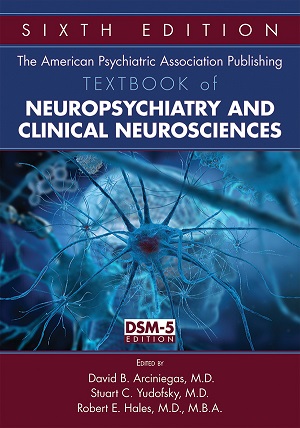Sections
Excerpt
Clinical neuropsychologists are trained in the science of brain-behavior relationships. They assess brain function by making inferences based on an individual’s cognitive, sensorimotor, emotional, and social behavior. The clinical neuropsychologist specializes in the application of assessment and intervention principles based on the scientific study of human behavior across the life span as it relates to normal and abnormal functioning of the central nervous system.
Access content
To read the fulltext, please use one of the options below to sign in or purchase access.- Personal login
- Institutional Login
- Sign in via OpenAthens
- Register for access
-
Please login/register if you wish to pair your device and check access availability.
Not a subscriber?
PsychiatryOnline subscription options offer access to the DSM-5 library, books, journals, CME, and patient resources. This all-in-one virtual library provides psychiatrists and mental health professionals with key resources for diagnosis, treatment, research, and professional development.
Need more help? PsychiatryOnline Customer Service may be reached by emailing [email protected] or by calling 800-368-5777 (in the U.S.) or 703-907-7322 (outside the U.S.).



